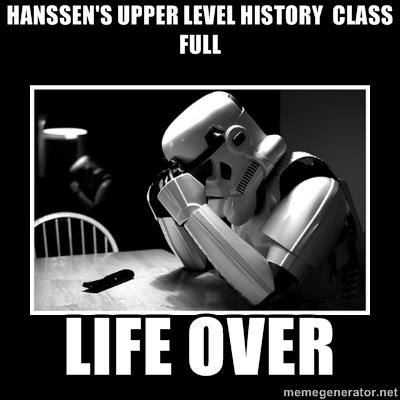This school year I have been slowly making my way through Etienne Gilson’s book The Arts of the Beautiful. I have been doing this with some other colleagues of mine at Glendale Prep. We’ve been getting together and discussing the book as part of a “Philosophy of Beauty” reading group. It was one of my “intellectual projects” this year to augment and intensify my understanding of Beauty– historically, philosophically, and practically.
I chose Etienne Gilson’s book, mostly because I liked his Aristotelian approach to art and beauty. I have since decided that it would probably have been better to have started with Plato, and progressed through Aristotle, Aquinas, Burke, Kant, Joyce, Maritain, Umberto Eco, and then making it to Gilson and others (bold are either Thomists or arguing for a Thomistic aesthetic…yes Aristotle was a Thomist).
It is so easy to get carried away with someone’s aesthetic philosophy. I thought while reading The Arts of the Beautiful, “How convincing Gilson is!” He makes a great argument for why art is, in its essence, something made. Gilson argues it cannot be in its essence thinking. I agree with this thesis, however, I find his philosophy of Beauty to be problematic only in so far as it is a serious departure from the conversation.
His aesthetic departs from the Thomistic aesthetic of integritas, consonantia, et claritas. I am not saying that he has nothing to say, or that he is wrong because he didn’t follow Thomas; but it is a statement in itself that he has departed from Thomistic aesthetics. I am actually fairly happy that Gilson is doing something new with aesthetics and really trying to forge his own conception of Beauty according to reason, rather than merely fitting his conception into an old framework that might limit it. I’m not expert on the history of beauty or aesthetics, but I do know that no one can claim to have the whole understanding of the Beautiful, especially when the whole Thomistic aesthetic is based on so few lines in Aquinas. Nevertheless, I am convinced that Aquinas has a firm grasp of reality and that his aesthetic is salvageable, even necessary in the world today.
I have come to understand that Harold Weatherby has written an absolutely wonderful book called The Keen Delight. I am eager to read it. I heard that Dr. Hanssen told Dr. James M. Wilson that it was her favorite book. Her favorite book. It is subtitled “The Christian Poet in the Modern World.” Read a short review about it here: https://www.jstor.org/pss/437717
Weatherby talks mostly about the Christian poet in the modern world, but then devotes the last chapter of the book to a critique of Gilson’s aethetics. I have heard that he absolutely demolishes him. I recommend reading the Keen Delight, if only because Dr. Hanssen likes it. I know that I will be doing it…as soon as I finish Gilson!
-Peter Bloch











